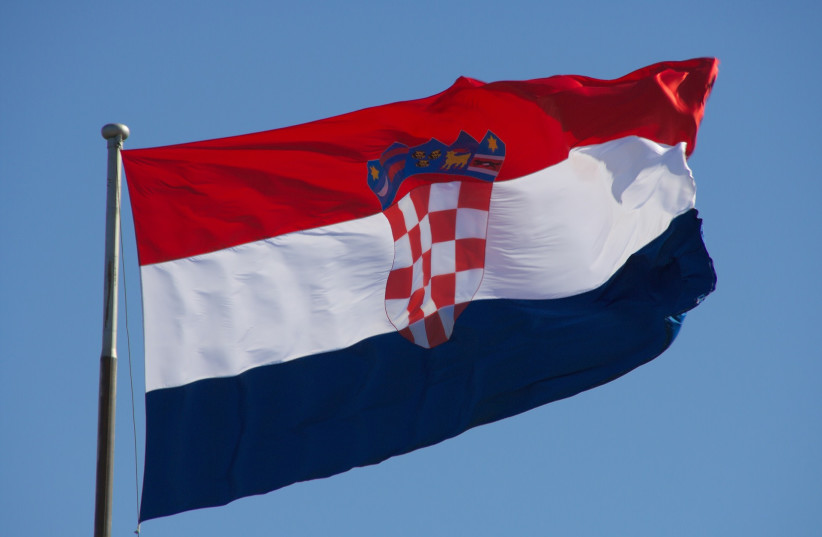The Croatian weekly magazine Express published the faces of Serbian President Aleksandar Vučić, Italian soon-to-be Prime Minister Giorgia Meloni and Hungarian Prime Minister Viktor Orbán with Hitler mustaches under the headline "Achtung [beware]: Croatia between three mini-Fascisms. An analysis of the motives of leaders of anti-Croatian policies in neighboring states."
According to the N1 Serbian news site, Express’s cover was condemned by Serbian Foreign Minister Nikola Selakovic, Internal Affairs Minister Aleksandar Vulin and Deputy Prime Minister Zorana Mihajlovic. Selakovic warned that “Croatia has reason to fear its internal extremism as a country in which neo-Nazis did offensive things at the site of the WW2 Jasenovac death camp, and in which streets and squares have been named after Ustashi (WW2 Croatian fascists), which feeds on xenophobia and fear of its neighbors.”
“While these three politicians are indeed right-wing conservatives, to brand them as Nazis is simply a disgusting and unfair description, which is in extremely poor taste and an insult to the victims of the Nazis,” according to Holocaust historian Dr. Efraim Zuroff, the Wiesenthal Center’s Director of Eastern European Affairs.

Croatian Nazi salutes in Australia
In Australia, a rowdy crowd of Croatian supporters of the Sydney United football club gave Nazi salutes and sang “Za Dom Spremni, (For the Homeland ready), the Croatian equivalent of the Nazi salute of “Sieg Heil,” during a “Welcome to the land” ceremony, which acknowledges the fact that the lands on which the stadium was built originally belonged to the Aborigines.
“Since the breakup of Yugoslavia and the establishment of the Croatian state, with few exceptions the government has not sufficiently emphasized the criminal nature of the Independent State of Croatia and the horrific crimes by the Ustasha movement, which governed the country and sought to destroy the Serb, Jewish, and Roma communities.”
Efraim Zuroff
“Both incidents reflect the deep-seated fascism prevalent in Croatia and among Diaspora Croatian communities,” Zuroff said. “Since the breakup of Yugoslavia and the establishment of the Croatian state, with few exceptions the government has not sufficiently emphasized the criminal nature of the Independent State of Croatia and the horrific crimes by the Ustasha movement, which governed the country and sought to destroy the Serb, Jewish, and Roma communities.”
